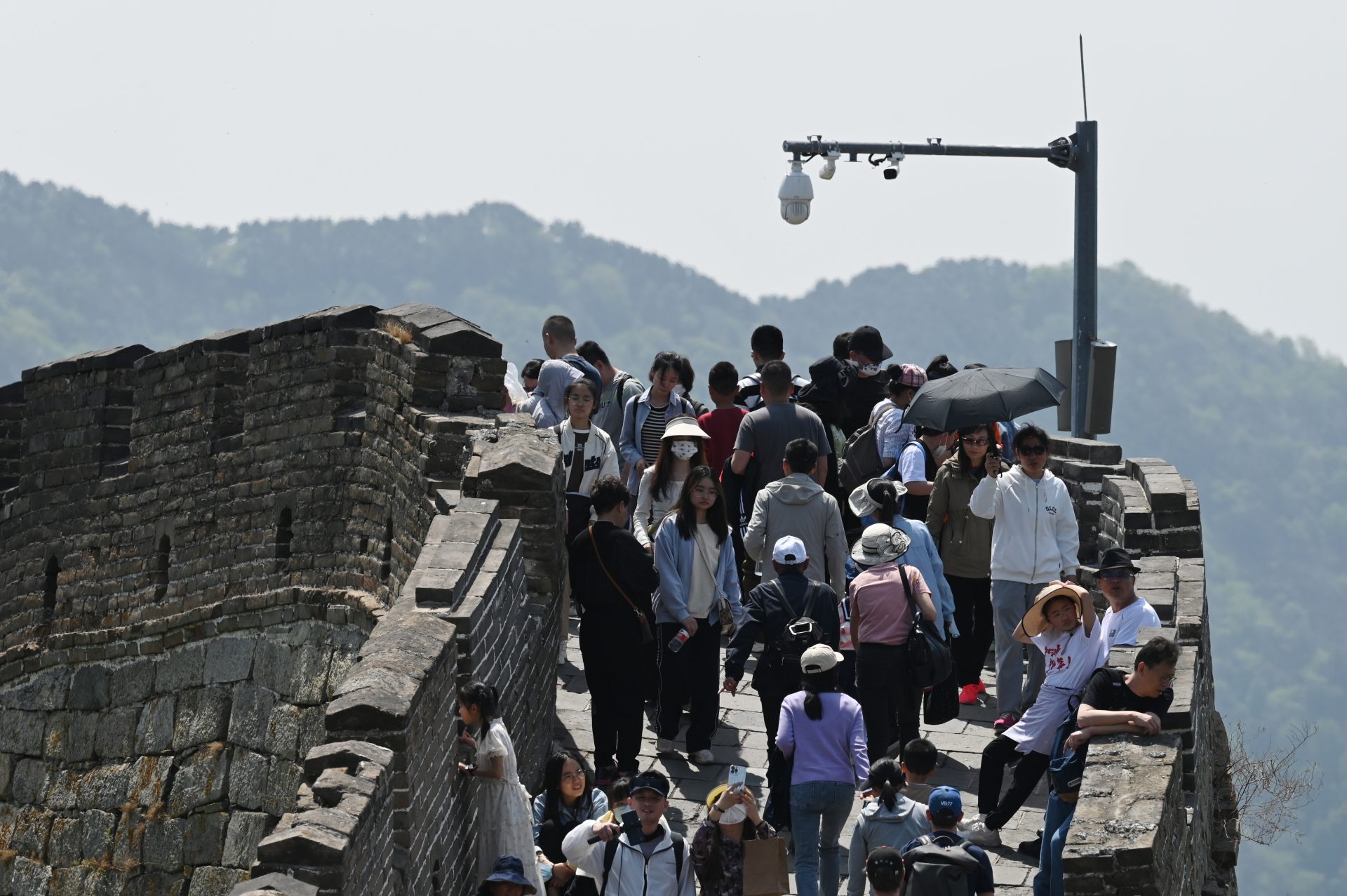China’s Orwellian system of surveillance of its citizens 24/7 and in every corner of the nation, including in their private homes, has been studied by scholars, journalists, and human rights activists, but is becoming increasingly difficult to document.
The number of classified documents is rising, China’s mammoth academic database has been purged, and companies such as Hikvision or Alibaba go to great lengths to hide how their cooperation with the government in the surveillance technology field operates.
There is, however, something China cannot hide—patents. True, when they develop a new surveillance technology Chinese companies may decide not to patent it for the sake of confidentiality, but this would mean it may be freely copied by Western and other competitors.
Patents are public and cannot be vague, or they will be denied registration. They should offer a clear description of the technology they want to protect.
Oxford Internet Studies professor Joss Wright, together with fellow experts Valentin Weber from Germany and Gregory Finn Walton from Canada, had the bright idea of examining patents filed by Chinese companies in the surveillance field.
They studied Chinese patent applications from 2010 to 2021 and presented their results in an article published on July 28, 2023, in the specialized journal “Internet Policy Review.”. More than 5,000 patents related to surveillance technology, with spectacular growth since the idea of “smart cities” became part of the 13th Five-Year Plan of the CCP, presented in March 2015.
As the authors explain, the concept of “smart cities” was born in the West and brought by IBM to China in 2008. It indicates the use of Internet-based technology to answer specific city challenges, including traffic and criminality.
In China, the idea of “smart cities” evolved into “city brains.” The latter is much more invasive than the former. “The goal of the city brain is to create a digital twin of a real-life city, which means that each element of a city has a digital Doppelgänger,” which the police can access. This increasingly includes the interior parts of private homes, not only public or commercial buildings.
The Western “smart cities” operate specific projects in areas such as traffic control and smart street lighting, although they have been occasionally used to speed up the police’s response to violent crime.
By contrast, according to the study, Chinese “city brains” integrate all data within a single unified system, to which the authorities may have immediate access. The Chinese system also works at incredible speed.
A “city brain” “can process 16 hours of [surveillance] footage in one minute.” The city of Quzhou, Zhejiang, has been selected for a pilot project and has 100% of its public space (and increasingly high percentages of private spaces as well) monitored through CCTV cameras 24/7.
This universal monitoring, which is evidenced by patent applications constantly becomes more totalistic, pervasive, and rapidly analyzed. “creates risks to human rights,” the study says. As the Uyghurs know even too well, “racial discrimination that is exacerbated by facial recognition cameras is a major concern.”
“We argue, the authors write, that the pervasive, ubiquitous, geographically constrained, and physical nature of smart city surveillance makes it at least as dangerous as more traditional online surveillance, which can only touch on the virtual elements of a citizen’s activities. Previously citizens could turn off their phones or leave their computers at home to escape surveillance. Now such evasion is illusory.”
And things will only get worse with the intrusion of technology into private homes. “The idea of extending surveillance inside buildings is captured in the term ‘intelligent buildings,’ which has been used in China for quite sometime before the term smart cities appeared and designated sensors being spread throughout buildings to gather data.
The energy consumption of buildings is also crucial in government surveillance. As seen in Xinjiang, a rise in consumption could correlate with suspicious behavior and is therefore subject to constant surveillance.”
Studying patents, the author states that “emerging smart city technologies have potential impacts on various aspects of their inhabitants’ human rights, making it increasingly difficult to preserve privacy and anonymity. Whether someone goes to work, is in the streets, or is at home, the surveillance industry is increasingly innovating to create and maintain ‘digital twins’ that virtually replicate buildings, pedestrians, vehicles, and infrastructure. Further, this trend in smart city technologies is not only increasing but rapidly accelerating.”
“The rise of patents related to, amongst others, artificial intelligence and the detection of abnormal or deviant behavior in recent years highlights the potential implications for human rights in the future development and adoption of smart cities.”
As a source Chinese companies and authorities can hardly hide, patents should continue to be studied to gather evidence of China’s assault on the human rights of its own citizens through technologies Beijing also sells to its “friends” abroad.
Massimo Introvigne is an Italian sociologist of religions who is the founder and managing director of the Center for Studies on New Religions (CESNUR). He is the author of some 70 books and the editor-in-chief of the online magazine Bitter Winter which focuses on religious liberty and human rights in China.
This article was first published by Bitter Winter.
The views expressed in this article are the opinions of the author and do not necessarily reflect the editorial stance of LICAS News.







